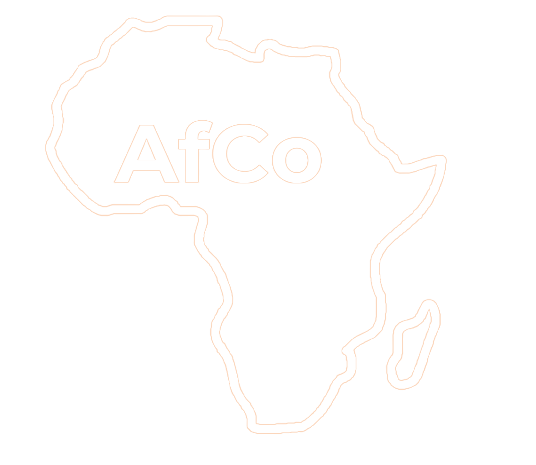Malawi's presidential elections in 2004: between trickery and sincere ambitions
Situated in southern Africa with a territory of which a quarter is made up of a lake with the same name and sandwiched between Mozambique, Tanzania and Zambia, Malawi, an English-speaking country, has always received little attention from French-speaking African studies scholars. Yet the history of the country, which was profoundly marked for several decades by the grip of its totalitarian leader, Dr. Banda, has definitely followed a rather original course compared with other countries of the sub-region. The presidential and legislative elections held there in May 2004 therefore need to be analyzed with these special historical circumstances in mind. However, one finds, as in every other country where democratic gains are being consolidated, the same outline of the challenges and difficulties of political succession in institutionally democratic settings. It is, in particular, through the example of the fight against corruption, currently a hot topic in Africa, that these challenges and difficulties are most visible.
